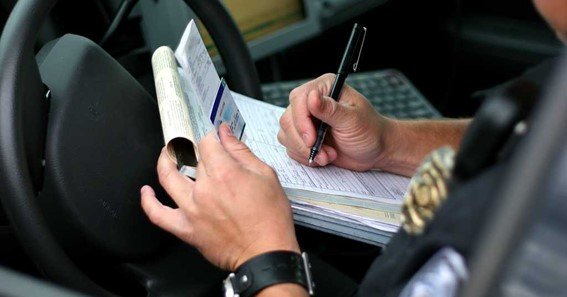If you’ve received a speeding ticket, you might be wondering how it will affect your insurance and when it will show up. Generally, a speeding ticket will not impact your insurance immediately. It usually only affects your premium when your policy is up for renewal. At that time, your insurance company reviews your driving record and may adjust your rates accordingly, based on the ticket’s presence on your record.
How Speeding Tickets Affect Insurance
Speeding tickets typically stay on your driving record for about three to five years, depending on the state you live in. During that period, most insurers will consider you a higher risk and may increase your premium accordingly. On average, a single speeding ticket can raise your insurance by 20-25%, but this increase depends on factors such as how fast you were driving and whether this is your first offense.
FAQ
- When will my speeding ticket affect my insurance? Your speeding ticket will typically affect your insurance at the time of policy renewal, when your insurer reviews your driving record.
- How much will my insurance increase after a speeding ticket? On average, insurance rates can rise by 20-25% after a speeding ticket, depending on the severity of the violation and your previous driving history.
- Can I avoid an insurance increase after a speeding ticket? Some insurers may waive the increase for first-time minor offenses, or you can take a defensive driving course to potentially reduce the impact.
- How long does a speeding ticket stay on my record? A speeding ticket generally remains on your record for three to five years, during which time it can affect your insurance premiums.
- Do all speeding tickets affect insurance in the same way? No, the impact on insurance varies by state, insurer, and the severity of the speeding violation. Minor infractions may result in smaller increases than major speeding offenses.
By understanding when a speeding ticket shows up on your insurance and how it impacts your rates, you can take steps to minimize the financial burden, such as comparing policies or attending a defensive driving course.










